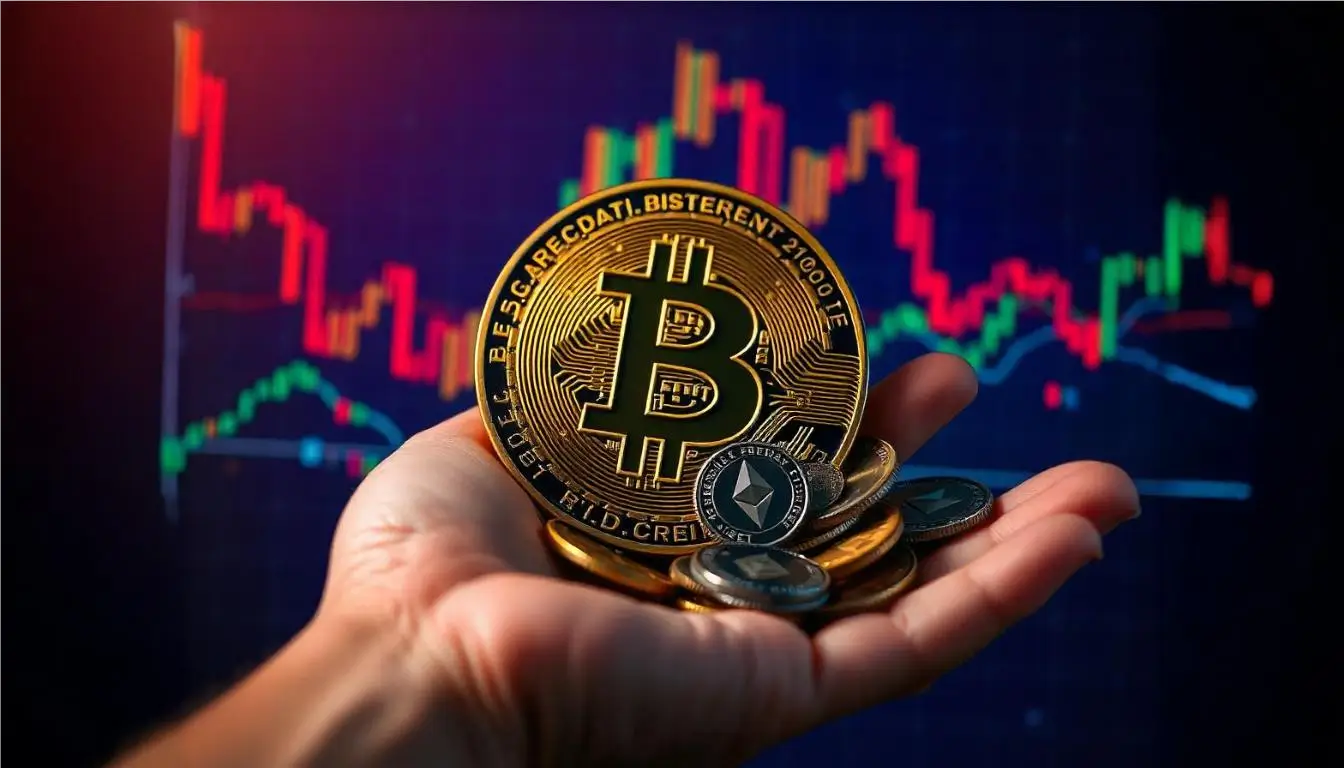Twitter Co-Founder Warns Bitcoin Could Fail Without Everyday Use
09.04.2025 8:00 1 min. read Alexander Stefanov
Jack Dorsey, a prominent figure in the tech world, recently shared his thoughts on Bitcoin, raising doubts about its long-term relevance if it doesn’t become a widely used payment option.
While many see Bitcoin as “digital gold,” Dorsey believes that without practical everyday use, it risks becoming obsolete.
During a podcast interview, Dorsey emphasized that Bitcoin’s original vision, as described by its creator Satoshi Nakamoto, was to serve as a peer-to-peer digital cash system.
He argued that focusing solely on its value as a long-term investment misses the point. Instead, the priority should be making Bitcoin functional for daily transactions, ensuring speed, privacy, and ease of use.
Despite Dorsey’s push for practical adoption, big players in the financial sector continue to invest heavily in Bitcoin. Over the last two months, more than 70 new entities holding significant amounts of BTC have joined the network, indicating strong institutional interest.
Products like Bitcoin ETFs also remain popular, suggesting that many still view the asset as an investment rather than a payment solution.
At the same time, the crypto market is experiencing turbulence. Bitcoin’s value recently dipped to around $76,500, marking a notable drop amid increased trading activity. As the market tests critical support levels, debates continue about Bitcoin’s real purpose and future viability.
-
1
Veteran Trader Peter Brandt Shares Simple Wealth Strategy with Bitcoin at Its Core
30.06.2025 15:00 2 min. read -
2
UniCredit to Launch Structured Product Tied to BlackRock’s Spot Bitcoin ETF
01.07.2025 17:53 1 min. read -
3
10,000 Dormant Bitcoin Moved After 14 Years: Volatility Ahead?
04.07.2025 20:00 2 min. read -
4
Second Largest Bank in Spain Rolls out in-app Bitcoin and Ethereum Trading
07.07.2025 15:30 2 min. read -
5
Saylor’s Strategy Halts Bitcoin Buying After Historic Accumulation
07.07.2025 17:00 2 min. read
UK to Sell Almost $7B in Seized Bitcoin as Treasury Eyes Crypto Boost
The United Kingdom’s Home Office is preparing to liquidate a massive cache of seized cryptocurrency—at least $7 billion worth of Bitcoin—according to a new report by The Telegraph.
Crypto’s Top Narratives in Focus, According to AI
A fresh breakdown from CoinMarketCap’s AI-powered narrative tracker reveals the four most influential crypto trends currently shaping the market: BTCFi & DePIN, U.S. regulatory breakthroughs, AI agent economies, and real-world asset (RWA) tokenization.
Strategy’s $71B in Bitcoin Now Ranks Among Top 10 S&P 500 Treasuries
Seems like Strategy has officially broken into the top 10 S&P 500 corporate treasuries with its massive $71 billion in Bitcoin holdings—ranking 9th overall and leapfrogging major firms like Exxon, NVIDIA, and PayPal.
How Much Bitcoin You’ll Need to Retire in 2035
A new chart analysis offers a striking projection: how much Bitcoin one would need to retire comfortably by 2035 in different countries—assuming continued BTC price appreciation and 7% inflation adjustment.
-
1
Veteran Trader Peter Brandt Shares Simple Wealth Strategy with Bitcoin at Its Core
30.06.2025 15:00 2 min. read -
2
UniCredit to Launch Structured Product Tied to BlackRock’s Spot Bitcoin ETF
01.07.2025 17:53 1 min. read -
3
10,000 Dormant Bitcoin Moved After 14 Years: Volatility Ahead?
04.07.2025 20:00 2 min. read -
4
Second Largest Bank in Spain Rolls out in-app Bitcoin and Ethereum Trading
07.07.2025 15:30 2 min. read -
5
Saylor’s Strategy Halts Bitcoin Buying After Historic Accumulation
07.07.2025 17:00 2 min. read


